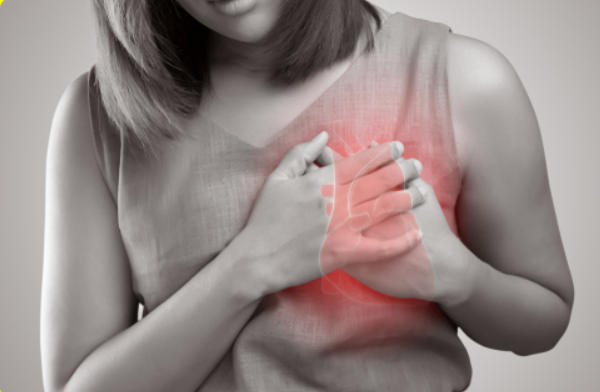According to the study report from the National Institute of Health, about 17.3 million people die of cardiovascular disease globally. Seasonal variation plays a major role in mortality and morbidity in both the northern and southern hemispheres. There is a 31 to 33% increase in the incidence of heart attacks in winter. Experts from the Department of Cardiology comment that with a degree Celsius drop in temperature, there is a 0.49% risk of death. So, Is Winter a Heart Attack Season? Let us explore here.
What causes more deaths in winter?
Experts suggest that the cold weather can be a culprit in causing more deaths during the winter season. Cold weather causes several changes in the body as the body strives to keep itself warm. Our blood vessels will become narrow as a response and have to put extra effort into pushing through the blood vessels to compensate for this. When the blood vessels that supply the heart constrict, it might lead to a heart attack.
Experts in cardiology state that the volume of blood is higher during winter. This excess fluid will lead to higher blood pressure. Our blood also experiences a series of changes, such as,
- Higher cholesterol levels
- Platelet aggregation
- Clot formation etc,
During winter months, these might result in both stroke and heart attack. People also refrain from performing physical activities during winter. They will also increase their food consumption to keep warm. Both these alter the blood cholesterol levels and predispose the person to heart attack. If you ask, Is Winter a Heart Attack Season? The answer is yes, as research studies also suggest the same.
FAQ:
Who is at a higher risk of developing a heart attack during winter?
Cardiologists suggest that older people and those who drink and smoke regularly are at the most risk of developing heart attack.
How to protect yourself from a heart attack during winter?
Winter months should strike an alarm in everybody’s mind to stay alert and prepared. Experts in cardiology suggest several ways to stay fit and avoid the risk during winter.
- Stay warm and try to avoid exposing to the cold weather
- Perform physical activity as tolerated
- Older people and those with a risk of heart ailments should consult their doctor before indulging in physical activity.
- It is mandatory to develop healthy eating habits.
- Check the blood pressure and cholesterol levels often
- It is also important to stay away from smoke and alcohol.
- Staying happy and away from stress also helps to maintain a healthy heart in the long term.
- Consult the doctor immediately if you sense any abnormalities in the body.
Warning signs of heart attack:
Experts in the field of cardiology have given the following signs and symptoms to look for during winter. Older individuals, people with poor heart health, and those at risk of getting a heart attack can watch for these symptoms and stay alert. The positive signs of a heart ailment are as follows.
- Acute chest pain – This is a common warning sign
- The feeling of vomiting or vomiting
- Feeling dizzy for no reason
- Shortness of the breath
- Pain and numbness – especially in the jaw, back, shoulders, and neck
- Cold sweat
- Sudden tiredness and fatigue
- Heartburns.
Bottom Line:
Heart ailments have become quite common in modern times. And their incidence is higher during the winter months. The best way to combat this is to stay active and eat right. It is also mandatory to have annual health checks with the experts in cardiology to pick up any changes in heart health at the earliest.

